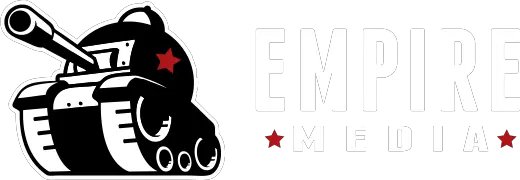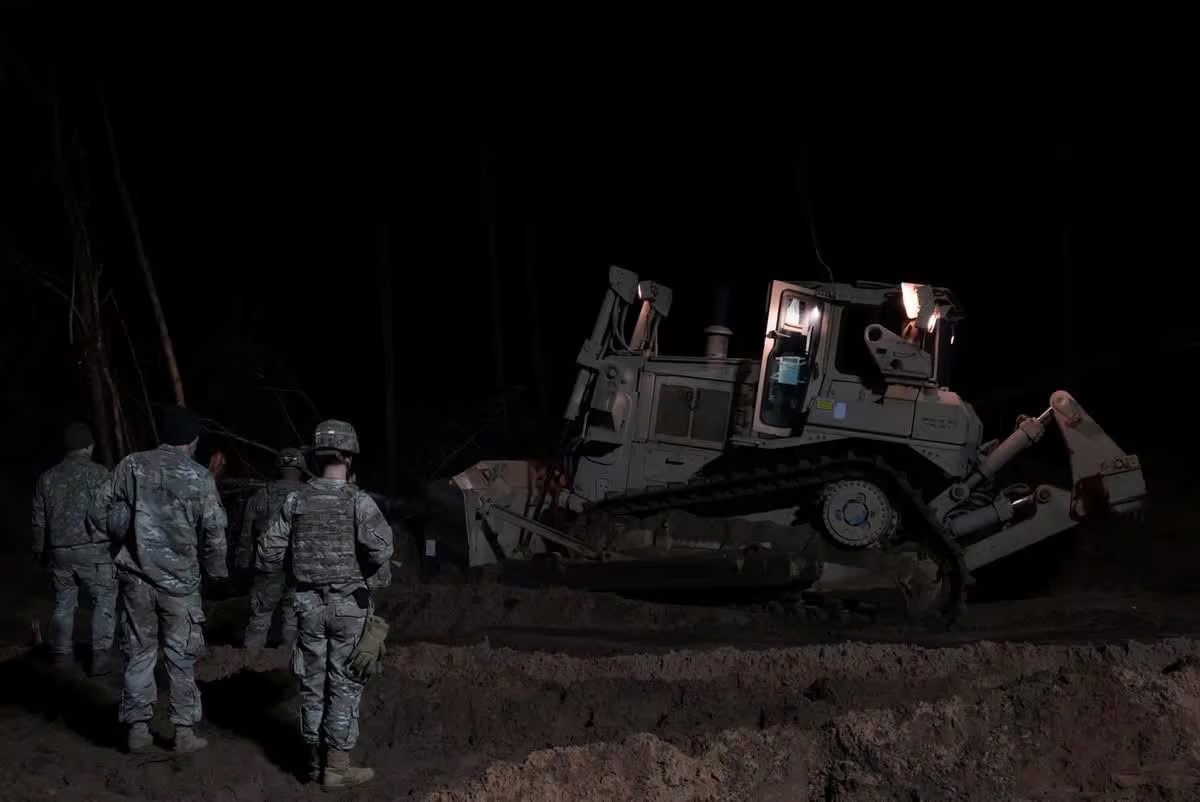

The whistleblower complaint at the heart of the Donald Trump/Ukraine controversy was released today and alleges that the President of the United States “is using the power of his office to solicit interference from a foreign country in the 2020 election”. The complaint also implicated Trump’s personal attorney Rudy Guiliani and Attorney General William Barr.
The complaint was broken down into four sections which the Whistleblower says poses “risks to the U.S. national security and undermine the U.S. government’s efforts to deter and counter foreign interference in U.S. elections”.
Those four sections include:
The July 25 Presidential phone call
The Whistleblower alleges that multiple White House officials were “deeply disturbed” by the conversation that took place between Donald Trump and Ukrainian President Volodymyr Zelensky in which the U.S. President “sought to pressure the Ukrainian leader to take actions to help the President’s 2020 reelection bid.”
The White House tried to cover up the phone call
In the days after the July 25 phone call, White House officials “intervened to ‘lock down’ all records of the call, especially the word-for-word transcript.” Furthermore, White House lawyers ordered the electronic transcripts of the July 25 call to be loaded onto a system normally reserved for classified information. This is despite the nature of the phone call containing no classified material — other than information politically beneficial to the President — whatsoever. The Whistleblower also accuses the White House of storing politically sensitive information on that classified system on more than one occasion.
Followup July 25 concerns
On July 26, a day after the phone call in question between Trump and Ukrainian President Zelensky, U.S. officials consisting of U.S. envoy to Ukraine Kurt Volker and U.S. Ambassador to the EU Gordon Sondland met with their Ukrainian counterparts to discuss how to “navigate” Trump’s demands. Trump’s personal attorney Rudy Giuliani also was said to have met with a Zelensky advisor as a “direct follow-up” to the July 25 phone call.
What led to the July 25 phone call?
The lead up to the July 25 phone call between Trump and the Ukrainian President seem to be totally political in nature and in direct relation to the POTUS’ reelection bid in 2020. This stems from corruptions allegations made in March of 2019 by Ukraine’s Prosecutor General Yuriy Letsenko against U.S. officials including former Vice President and democratic presidential candidate Joe Biden. The allegations against Trump and his administration were further outlined saying that Giuliani met with Letsenko on two separate occasions relating to the corruption allegations and planned to meet again in May to further go over plans for Trump’s reelection bid.
Further outlined according to the Whistleblower was multiple U.S. officials being “deeply concerned by what they viewed as Mr. Giuliani’s circumvention of national security decisionmaking processes.”
U.S. officials also believed that any meeting and/or phone call between Trump and Zelensky would be determined based on the Ukrainian President’s willingness to “play ball” on the matter relating to Letsenko and the POTUS’ personal attorney Rudy Giuliani.
Finally, in mid-July, the Whistleblower learned that Trump ordered the Office of Management and Budget to suspend military assistance to the Ukraine despite the OMB being unaware of policy rationale.
20190812_-_whistleblower_complaint_unclass







